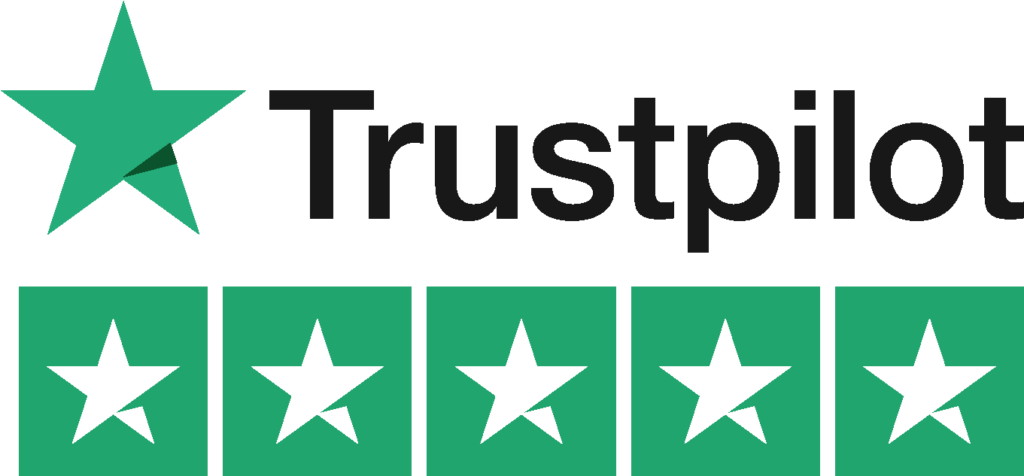When it comes to building an online store, there are a plethora of eCommerce platforms to choose from. But with so many options available, how do you know which one is the best for SEO?

The answer is not as simple as one may think, as different platforms offer different advantages and disadvantages for SEO. In this guide, we’ll take a closer look at some of the most popular eCommerce platforms and explore the features that make them a good fit for SEO.
Shopify

Shopify is a popular choice among small businesses looking to set up an online store. One of the biggest advantages of Shopify for SEO is its ease of use. The platform is user-friendly and intuitive, making it easy for store owners to optimize their websites for search engines. Additionally, Shopify offers a wide range of apps and plugins that can help with SEO, such as Yoast SEO and All in One SEO Pack.
However, one potential downside of Shopify for SEO is that it can be difficult to customize the platform’s code. This can make it challenging to implement advanced SEO techniques that may be necessary for highly competitive niches.
WooCommerce

WooCommerce is a popular eCommerce platform for WordPress websites. It’s an open-source platform, which means that store owners have complete control over the code and can make customizations as needed. This is a major advantage for SEO, as it allows for advanced technical SEO optimizations to be made.
Additionally, WooCommerce is highly extensible, and there are a plethora of plugins and themes available that can help with SEO. However, one downside of WooCommerce is that it can be more difficult to set up and use than other eCommerce platforms.
Magento

Magento is a popular eCommerce platform that is particularly well-suited for large and complex online stores. One of the biggest advantages of Magento for SEO is its flexibility. The platform is highly customizable, which means that store owners can make advanced technical SEO optimizations as needed. Additionally, Magento offers a wide range of built-in SEO features, such as meta tags and sitemaps.
However, one downside of Magento is that it can be more difficult to use and set up than other eCommerce platforms. Additionally, Magento may not be the best choice for small businesses or those with limited technical skills.
BigCommerce

BigCommerce is a popular eCommerce platform that is particularly well-suited for small and medium-sized businesses. One of the biggest advantages of BigCommerce for SEO is its built-in SEO features, such as meta tags and sitemaps. Additionally, BigCommerce offers a wide range of apps and plugins that can help with SEO.
However, one potential downside of BigCommerce for SEO is that it may not be as customizable as other eCommerce platforms. This can make it more difficult to make advanced technical SEO optimizations as needed.
OpenCart

OpenCart is a popular open-source eCommerce platform that is particularly well-suited for small and medium-sized businesses. One of the biggest advantages of OpenCart for SEO is its simplicity. The platform is easy to use and set up, which means that store owners can focus on optimizing their websites for search engines. Additionally, OpenCart offers a wide range of plugins and themes that can help with SEO.
However, one potential downside of OpenCart for SEO is that it may not be as customizable as other eCommerce platforms. This can make it more difficult to make advanced technical SEO optimizations as needed.
The Verdict
When it comes to choosing the best eCommerce platform for SEO, there is no one-size-fits-all solution. Each platform has its own advantages and disadvantages for SEO, and the best choice will depend on your specific needs and goals.
If you’re a small business looking for an easy-to-use platform with built-in SEO features, then Shopify or BigCommerce may be a good fit. If you’re a larger business with more complex needs and the technical skills to handle a more customizable platform, then Magento or WooCommerce may be a better choice. And if you’re looking for a simple, open-source platform, then OpenCart may be a good option.
Ultimately, the key to success with SEO on any eCommerce platform is to have a clear understanding of your target audience and their search behavior and to consistently create high-quality, relevant content that meets their needs. Additionally, it’s important to stay up-to-date with the latest SEO best practices and trends and to continually monitor and optimize your website’s performance.
Conclusion
In conclusion, when it comes to SEO and E-commerce platform, it’s important to understand the features and limitations of each platform and how it aligns with your business goals. As we’ve discussed, some platforms offer more flexibility and customization for advanced SEO techniques, while others offer ease of use and built-in SEO features.
Whichever platform you choose, it’s crucial to have a thorough understanding of your target audience and to consistently create high-quality, relevant content that meets their needs.

















